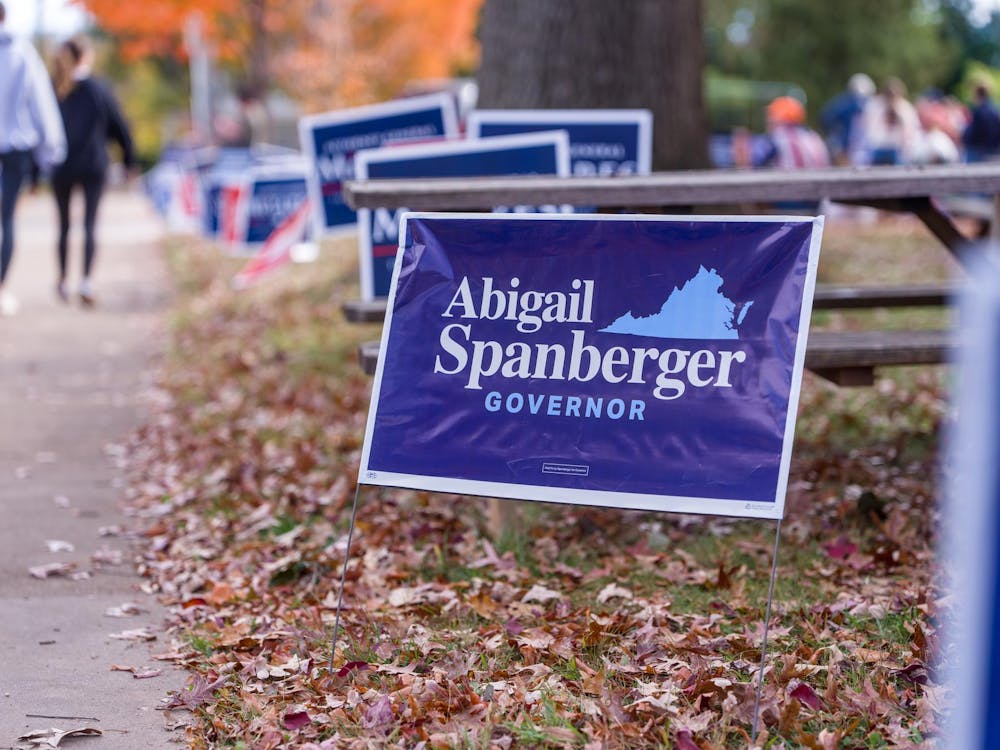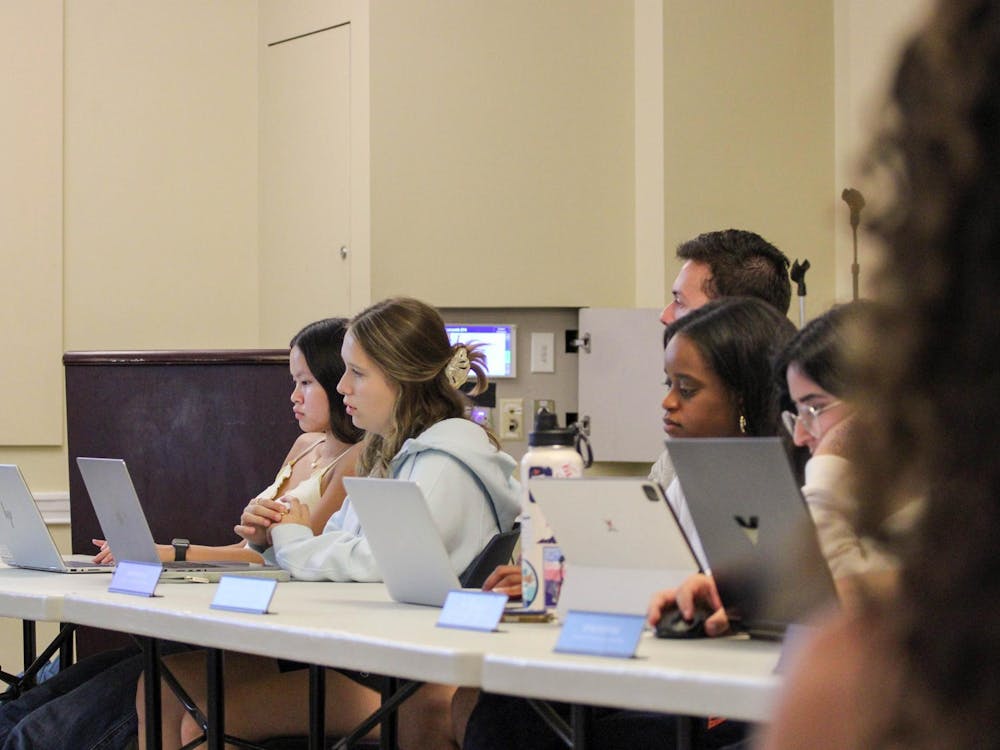Crime on college campuses nationwide is on the rise, according to a U.S. Department of Education survey released Friday, but crime at the University has declined slightly - by 13.1 percent - from 1999-2000.
Sex offenses across the country rose 6 percent between 1998 and 1999, arrests for violations of liquor laws rose 0.4 percent and arrests for violations of drug laws rose 5.8 percent.
Increases also were seen in burglary, motor-vehicle theft and robbery incidents, according to the statistics, which cover Department of Education reports from 6,300 two-year, four-year, public and private colleges between the years 1997 and 1999.
Although the statistics span three years, there is skepticism over the validity of comparing crime statistics on a year-to-year basis within environments where crime is comparatively low, such as many college campuses.
Murders, for example, are not common occurrences on college campuses. If, however, there is one in a year when there were none the year before, that is a 100 percent increase in the college's murder rate - an increase that could have a dramatic effect on the crime rate of a college or university.
At the University, statistics show a 13.1 percent drop in its incidents of crime between 1999 and 2000.
University Police Chief Michael Sheffield cited student awareness as a large part of lowering the number of larceny incidents, which makes up the large majority of crimes reported. Of the 420 crimes reported in 1999, 391 were larceny.
While most non-violent crimes are on the rise nationally, both murders and aggravated assaults went down over the three years studied in the report.
Murders dropped from 24 to 11, and aggravated assault incidents fell 2 percent at the colleges and universities studied.
William Wilkerson, chairman of the University Committee on Safety and General Security, said small numbers can lead to large statistical variations, making it "really difficult to [measure] from year to year or campus to campus" and causing data that can cause students to develop a false sense of security and fail to take the necessary precautions.
Interestingly, college students are less likely than members of the general population to be crime victims. This finding should not make students lax about personal safety.
"Students should not get a false sense of security from the national data," Wilkerson said. "Students still ought to be careful" by showing awareness and using services such as Escort Service.






